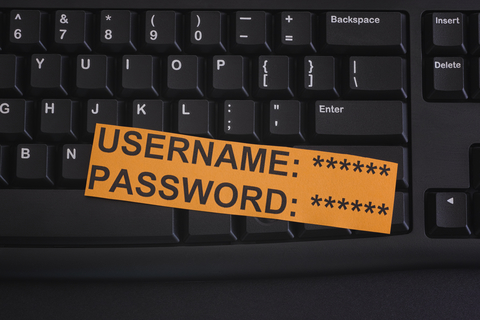Guessing passwords is still the number one way hackers get into computers. Simple and easy to guess passwords are still commonly used and people are often surprised when their accounts end up compromised.
These days, with the access to individual information on social media and simple google searches, it is very easy for a hacker to gain information on your relatives names, pet names, addresses, phone numbers, etc. and use these in an attempt to crack your password. It can take a matter of minutes to gain access to an email account, for example, and then perform a password reset on your financial and social media accounts – gaining access to your entire online identity.
There are some key points regarding password security that are important to keep in mind:
- Passwords must be long and complex, using a combination of uppercase and lowercase letters, numbers, and unique characters. If you want to memorize a long and complex password, create a phrase and take the first letter of each word. Jack Ran Up the Steep Hill 23 Times for Water, for example, would translate to “JRUt$H23TfW,” using a ‘$’ sign in place of the ‘S.’
- Use a Trusted Password Manager if you don’t want to remember it. If you don’t want to remember a long and complex password, use a trusted digital password keeper such as Last Pass. It’s a secure piece of software that you can manage all your account passwords with. https://www.lastpass.com/
- Use two factor authentication if available. Two Factor Authentication requires an extra step when accessing online accounts. Google Gmail, for example, offers two factor authentication. When using a public computer, for example, Google will require you to enter a unique code given to you via text message on your phone. This is then used to gain access to your account AFTER the correct password is entered in the first place. Essentially creating two ‘layers’ of security.
- Never use the same password for more than one account. Hackers often will take this password and try to apply it to all your accounts.
- Change or swap out your passwords once a month. Keep the bad guys on their toes.
Questions or comments about password security? Contact us today!








